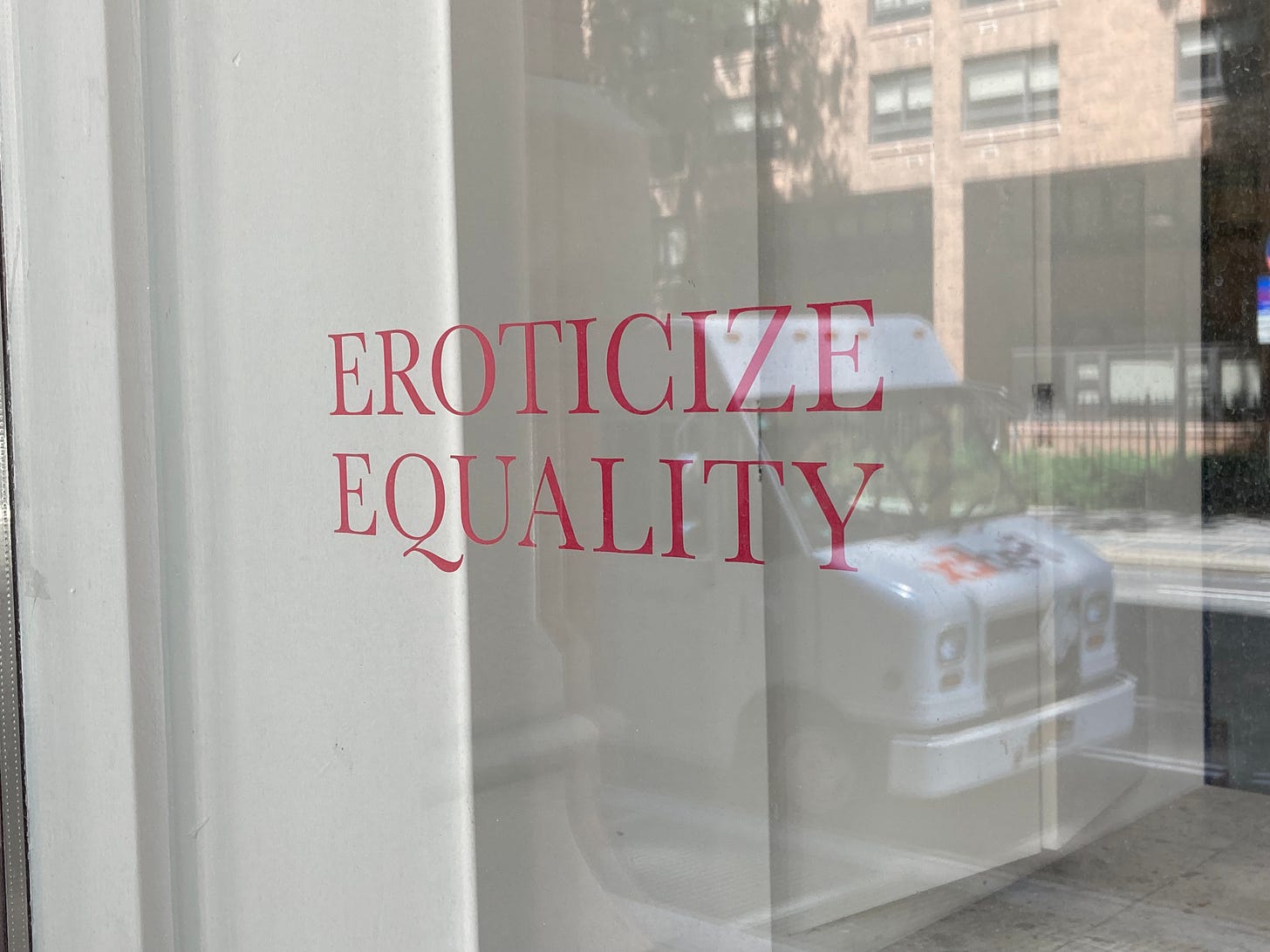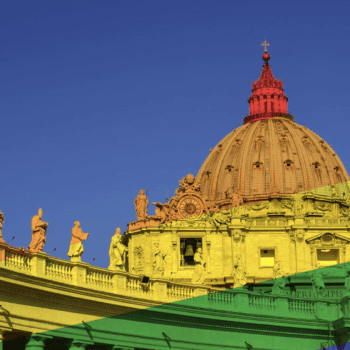
The quest for certainty has more than merely academic interest. It also enters into the heated controversy over the public role of religion. Here again both sides often turn out to share the same premise, in this case that religion provides a rock of security in an unpredictable universe. It is the collapse of the old certainties, according to critics of religion, that makes it impossible (impossible, at least, for those exposed to the corrosive influence of modernity) to take religion seriously. Defenders of religion tend to argue from the same premise. Without a set of unquestioned dogmas, they say, people lose their moral bearings. Good and evil become more or less indistinguishable; everything is permitted; old injunctions are defied with impunity.
Such arguments are advanced not only by evangelical preachers but occasionally by secular intellectuals troubled by the threat of moral anarchy. With good reason, these intellectuals deplore the privatization of religion, the disappearance of religious issues from public discussion. Their case is weakened, however, by a couple of serious flaws. In the first place, it is impossible to revive religious belief simply because it serves a useful social purpose. Faith issues from the heart; it cannot be summoned up on demand. In any case, religion cannot be expected to provide a comprehensive, definitive code of conduct that settles every dispute and resolves every doubt. It is this very assumption, curiously enough, that leads to the privatization of religion.
-Christopher Lasch, The Revolt of the Elites and The Betrayal of Democracy
First, let me just say that I have much more important things to worry about than a provocative group of drag queens appropriating Catholic imagery being present at a baseball game halfway across the country. I am too busy trying to pay my bills, care for my family and friends, worship the Creator, drink my tea, eat my organic cookies, and smoke my Italian cigarettes. If you’re all worked up about this whole debacle, I suggest you do like me and find some genuinely important things to occupy your time with.
The only other thing I’ll say is that the so-called “religious” Right seems to be completely blinded to the extent to which they have swallowed the neoliberal pill. The Sisters at the Dodgers situation shows just how far Reaganism has brought them. The fact that they are accusing these Sisters of a hate crime, and the Dodgers of religious intolerance, shows that they don’t understand what religion is about.
Religion is not an self-selected identity category that people can choose to tolerate or not. It is not a set of moral values that people can discriminate against. It is the recognition of a cosmological order within the universe, an objective Presence that transcends any identity categories, ideological commitments, or lifestyle choices.
As much as the SoPI are rather infantile and idiotic, I find them to be mostly harmless (and just a tad amusing). It’s a bunch of queer men who felt ostracized by moralistic church communities and decided to use humor to cope with their pain. Does God approve? Probably not. But again, I have bigger fish to fry.
If you choose to take umbrage with the Sisters, it should be because they offend God, not your religious “identity.” And if they offend God, then why are you appealing to the secular State to do something about it? Offense against God is not a hate crime—it is blasphemy. The nature of the crime is spiritual, not political. Why not pray a novena or do a pilgrimage or fast for the conversion of these alleged blasphemers so that God—whose power is greater and opinion more important than that of the State—will have mercy on them.
If religion is a mere identity category validated and protected by the liberal State, then it’s been rendered neutral, null, useless. It becomes bourgeois and mundane, an object of consumption, like most other identity categories. Religious neoliberal conservatives ought to thank themselves for such public displays of religious insensitivity. Their alliance with secular right wing ideology is in part to blame for having emptied religion of its sacred content.
Of course, I’m being hyperbolic here (as Jesus was know to be at times). I’m just trying to apply a postliberal/Radical Orthodox critique to an ideological deadlock that I find to be flat and deeply unimaginative. But by all means, feel free to be scandalized by the Dodgers allowing the Sisters to do whatever it is they are going to do. Again, I don’t really care because I have other things to do like writing hyperbolic screeds on Substack.
But if you’d like to understand this critique better, I suggest you check out William T. Cavanaugh’s work on “torture and the Eucharist”, martyrdom in Latin America, and the Catholic Church’s endorsement of liberal “separation of church and state” discourse during Vatican II. What emerges from his work is that those who assent to being tortured in the name of Jesus are not doing so because of some “moral” or ideological convictions. Instead, what drives them to hold onto their beliefs to the point of death is something ontological, aesthetic, affective: it’s the love of a person, a presence…not an abstract set of beliefs. I also suggest looking into John Milbank’s subversion of postmodernism using postmodern subversion, which has played a significant role in Cavanaugh’s development of his thesis.
I’ll leave you with a final thought from Lasch:
Instead of discouraging moral inquiry, religious prompting can just as easily stimulate it by calling attention to the disjunction between verbal profession and practice, by insisting that a perfunctory observance of prescribed rituals is not enough to assure salvation, and by encouraging believers at every step to question their own motives. Far from putting doubts and anxieties to rest, religion often has the effect of intensifying them. It judges those who profess the faith more harshly than it judges unbelievers. It holds them up to a standard of conduct so demanding that many of them inevitably fall short. It has no patience with those who make excuses for themselves an art in which Americans have come to excel. If it is ultimately forgiving of human weakness and folly, it is not because it ignores them or attributes them exclusively to unbelievers. For those who take religion seriously, belief is a burden, not a self-righteous claim to some privileged moral status. Self-righteousness, indeed, may well be more prevalent among skeptics than among believers. The spiritual discipline against self-righteousness is the very essence of religion.
$upport CracksInPomo by choosing a paid subscription of this page, or by offering a donation through Anchor. Check out my podcast on Anchor and YouTube and follow me on Instagram and Twitter.
photo taken in SoHo.












